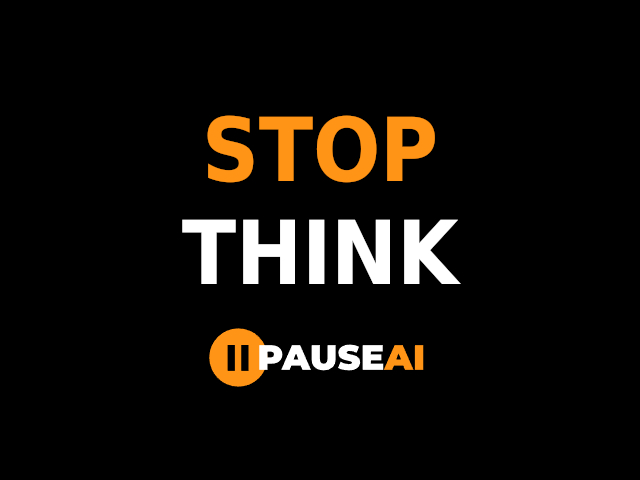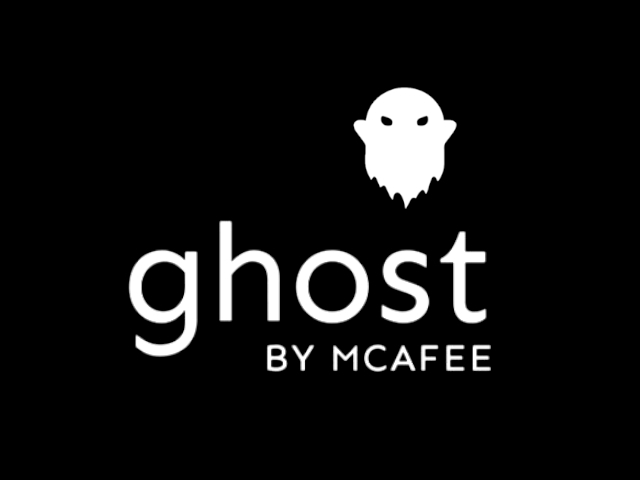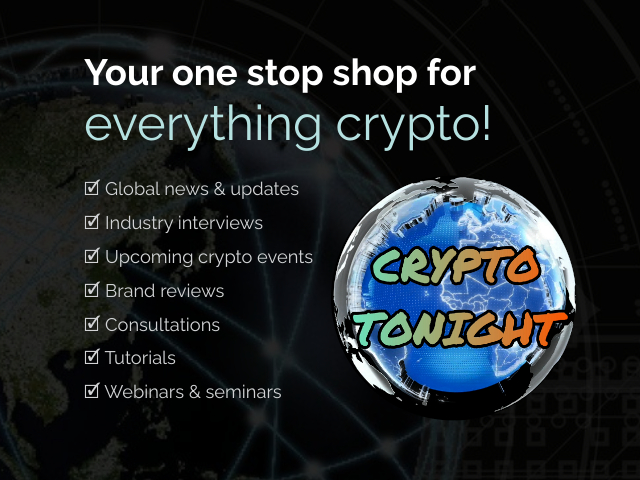BLOCKCHAIN YOUR WAY TO FREEDOM
by Rob Loggia
Tuesday, June 28, 2016
The monopoly on force enjoyed by the government is in many cases an ersatz for something else. This monopoly has, for the majority of mankind's history, provided the basis for civilized society - cooperate with others or face the consequences legislated by the community. Surely there must be a better way, but if there is we still haven't found it. Or at least, we haven't begun to put the pieces into place.
People that love freedom and believe that the answers for better living and human relations lies in increased liberty rather than more legislation are commonly faced with a question: if not force, than what? The question doesn't have a simple answer, for force is a substitute for many things, in many different situations.
We use force to replace self-control and morality when we legislate against behaviors that are perceived as negative. When human societies need things like roads and other infrastructure we use force in place of voluntary contributions from the people that are in favor of such improvements. And in times of emergency, unfortunately, we often see force used in place of consent.
These are complicated issues, and because a society built on force is already in place the impetus is on advocates of increased liberty to offer alternatives and to show people how they will work. And perhaps more importantly, convince people that they can work. Since this discussion strikes at the very heart of common assumptions, it has been and will continue to be a struggle.
As with all things in life, however, the best place to start is the low hanging fruit. What else do we use force as a replacement for, that is easier to demonstrate an alternative for? The answer is so simple as to be elusive and obvious all at once. One of the more common applications of force is to maintain and enforce systems of trust so that society can function. And once we understand and accept this, we can begin to see what a solution could look like.
One of the most visible institutions using centralized force to "create" trust is our system of monetary trade. If there is no faith in a system of money, people will not use it and instead revert to straight barter and ad-hoc arrangements which are cumbersome and not conducive to the capital investment required by an advanced civilization that wants nice things. And in order to have faith in a system of money, people need to be reasonably assured that the value they put into such a system will be reasonably safe from theft, loss and fraud. Trust.
Until recently that meant finding some agreed upon standard and using men with guns to enforce it. For most of our history that standard was based on tangible and scarce assets, such as gold or silver. Now it is based on force alone - our money is a fiction that only holds value because governments say that it does. Ultimately, however, the issue is one of trust. How can we fix it?
Enter the blockchain.
Blockchain is the technology that underlies digital currencies like Bitcoin. While the implementations are relatively complex, the underlying principle is rather simple. The blockchain is a system that uses distributed storage to provide trust, along with other benefits like reliability and flexibility. It does this by distributing copies of the ledger of transactions to every node in the chain - everyone owns an exact copy of the books, so to speak.
Because of the distributed nature of the technology, no central authority is required. No use of force is required because the system regulates itself. The trust we place in the blockchain is based on the fact that no individual can cheat the system, everyone has within their grasp the ability to verify who owns what.
The application of a modern replacement for monetary exchange is a natural one, but far more intriguing is the demonstration of a viable trust model that can work. Once we have this, we can begin to consider other applications where we can use a reliable system of distributed trust to replace the archaic and unjust model of centralized force. This is the holy grail liberty advocates have been waiting for.
Imagine a world where blockchain technology was fully leveraged against the need for trust. As long as we continue to have governments, one problem we must solve is fair elections. How can we ensure that every vote is counted, and that fraud cannot be committed? The blockchain offers us the ability to do this reliably in a way that no centralized system could hope to.
Improved voting can help improve self-government, but we also eliminate government involvement in some areas entirely. One of the major functions of government is land administration - determining who "owns" what land. The blockchain could be used to grid territories down to the centimeter and provide a high-resolution system of property rights tracking and transfer. In essence, everyone would own a copy of every land deed, and no issuing authority would be required.
If you continue to think along these lines, you will see that many of our assumptions about how we arrange our society can be modified or be overturned using blockchain technology. And each successful use case represents one more opportunity to cease using force against our fellow human beings and to decentralize authority by making everyone a gatekeeper.







